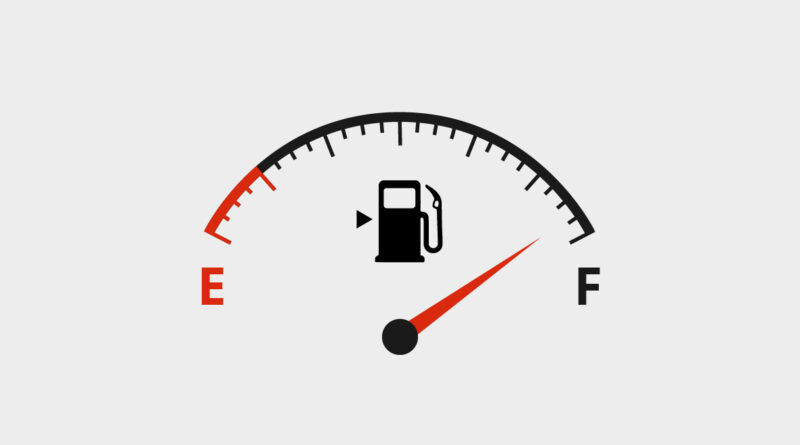Guide Why is Diesel More Expensive Than Petrol?
Here’s a comprehensive look at why diesel is more expensive than petrol. Diesel fuel has long been a preferred choice for many due to its fuel efficiency and engine longevity, especially in commercial and heavy-duty vehicles. However, it often comes with a higher price tag than petrol. This price difference can be attributed to several factors, including production costs, taxes, and market dynamics. Lets go through in this article why diesel is more expensive than petrol.
1. Production and Refining Costs
Complex Refining Process: Diesel fuel is derived from crude oil, much like petrol. However, the refining process for diesel is more complex and costly. Diesel requires additional steps to remove impurities, such as sulfur, to meet environmental regulations. This increases the overall production cost. Check fuel saving tips.
Quality and Standards: Diesel must meet stringent quality standards to ensure it burns cleanly and efficiently. These standards often necessitate the use of more advanced refining techniques and higher-grade crude oil, contributing to the higher cost.
2. Environmental Regulations
Emission Standards: Diesel engines produce more nitrogen oxides (NOx) and particulates compared to petrol engines. To mitigate these emissions, governments impose stricter environmental regulations on diesel fuel. Compliance with these standards involves additional refining and the use of advanced additives, raising production costs.
Ultra-Low Sulfur Diesel (ULSD): In many countries, diesel fuel must be ultra-low in sulfur to reduce pollution. The process to produce ULSD is more expensive than refining standard petrol, further contributing to the higher price.
3. Taxation Policies
Higher Taxes: In many regions, diesel is subject to higher taxes than petrol. Governments impose these taxes to discourage diesel use due to its environmental impact and to fund infrastructure projects. The additional tax burden is passed on to consumers, making diesel more expensive at the pump.
Road Use Taxes: Diesel vehicles, especially heavy-duty trucks, cause more wear and tear on roads. Some countries implement higher road use taxes for diesel vehicles, indirectly increasing the cost of diesel fuel to offset road maintenance expenses.
4. Supply and Demand Dynamics
Global Demand: Diesel is in high demand worldwide, particularly in the transportation, shipping, and agricultural sectors. This high demand can drive up prices, especially during periods of economic growth or geopolitical tensions that affect oil supplies.
Seasonal Variations: The demand for diesel can fluctuate seasonally. For instance, in colder months, diesel demand increases for heating oil, which shares a similar refining process. This seasonal spike in demand can lead to higher prices.
5. Distribution and Logistics
Distribution Costs: Diesel distribution costs can be higher due to the need for specialized storage and transportation to prevent contamination. Diesel fuel must be kept free from water and other impurities, necessitating more rigorous handling and infrastructure, which adds to the cost.
Regional Price Variations: Prices can also vary significantly by region due to differences in local supply chains, transportation costs, and regional taxes. Areas far from refineries or major distribution hubs may experience higher diesel prices.
6. Market Speculation and Oil Prices
Oil Market Volatility: Diesel prices are closely tied to crude oil prices, which can be highly volatile. Factors such as geopolitical events, natural disasters, and changes in production levels by major oil-producing countries can cause significant fluctuations in crude oil prices, directly impacting diesel costs.
Speculation: Commodity traders’ speculation can also affect diesel prices. Expectations about future supply and demand, as well as market trends, can lead to price increases even before actual changes in supply or demand occur.
Conclusion
The higher cost of diesel compared to petrol can be attributed to a combination of production complexities, stringent environmental regulations, taxation policies, and supply and demand dynamics. Understanding these factors can help consumers and businesses make informed decisions about their fuel choices and budgeting. While diesel offers benefits such as better fuel efficiency and longer engine life, these advantages come at a higher cost, driven by the factors outlined above.

